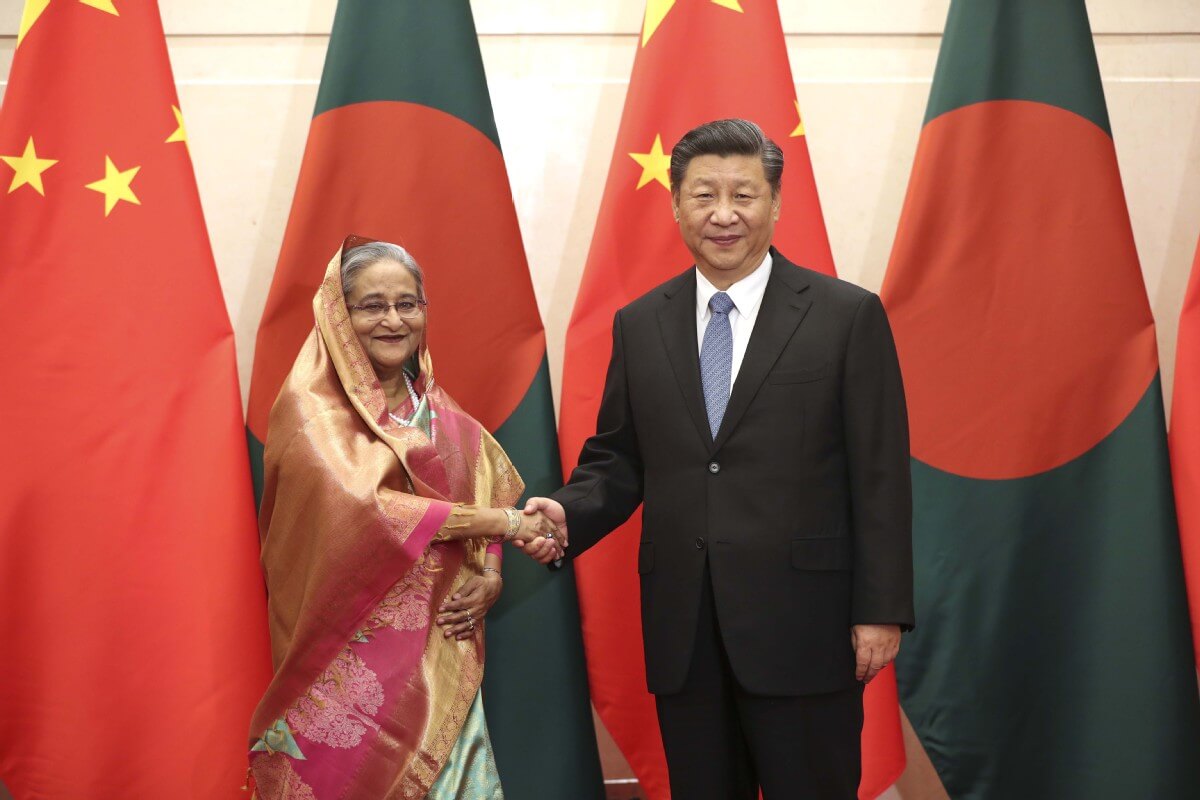In a move that is predicted to deepen the China–Bangladesh friendship further, China decided that from July 1, 97% of Bangladeshi exports will be exempted from tariffs. As a consequence of this agreement, 8,256 Bangladeshi products will now be exported tariff-free to China. Trade relations are currently guided by the Asia-Pacific Trade Agreement, under which 3,095 products from Bangladesh are provided with duty-free access to China.
Several Indian commentators have criticised this new agreement, saying that it amounts to an act of “charity” for the “least developed”. In response to this apparent condescension by Indian media outlets, Bangladesh’s Foreign Minister, AK Abdul Momen, rejected this portrayal, saying that such criticisms were “not welcome.” However, he added that there was no need to “officially protest” these reports.
China has been increasing its involvement in Bangladesh over the years. In 2015, China took over India’s position as Bangladesh’s top partner in trade. Its investment in Bangladesh includes “the construction of a six-km bridge across the Padma (Ganga) river for around $3.7 billion and a $2.5 billion power plant at Payra near Dhaka.” Further, Bangladesh is a part of China’s Belt and Road Initiative (BRI), in pursuance of which China has already invested approximately $31 billion into developing infrastructure and energy in Bangladesh.
The COVID-19 pandemic has only strengthened this already flourishing friendship. In May, Bangladeshi Prime Minister Sheikh Hasina and Chinese President Xi Jinping spoke with one another to strengthen the two countries’ partnership and to “work closely” to combat the global health emergency. Following these talks, Bangladesh saw an intensification of Chinese medical assistance, with doctors from China’s Health Mission spending two weeks with the Bangladeshi government to advise them on measures to ease the pandemic’s impact. The doctors were also honoured by Health Minister Zahid Hussein at Dhaka’s Hazrat Shahjalal International Airport. Additionally, Hualong Yan, the Deputy Chief at the Chinese Embassy in Dhaka, said that Bangladesh “will surely get priority” for any COVID-19 vaccine created in China.
India-Bangladeshi relations were already at an all-time low following the passage of the Citizenship (Amendment) Act and the National Register of Citizens by the Indian authorities. Further, as reported by The Diplomat, Bangladesh’s public is also more open to China’s model of non-interference in domestic affairs, complemented by extravagant expenditures on its allies compared to India’s “big brother” approach and aggressive pressure tactics. For India, who has already lost Nepal, a decades-old friend, to China, this comes as a blow to its already deteriorating diplomatic relations in the South Asian region. Siegfried O Wolf, South Asia Democratic Forum’s director of research, says, “China has a port facility in Sri Lanka, they have Gwadar [in Pakistan], they are building a port facility in Myanmar [Kyaukpyu] – this gives India the feeling of being surrounded by China. This is the military dimension of India’s concern.”
Image Source: China Daily
97% of Bangladeshi Exports to Be Exempted From Chinese Tariffs
China has already invested approximately $31 billion in Bangladesh.
June 23, 2020

